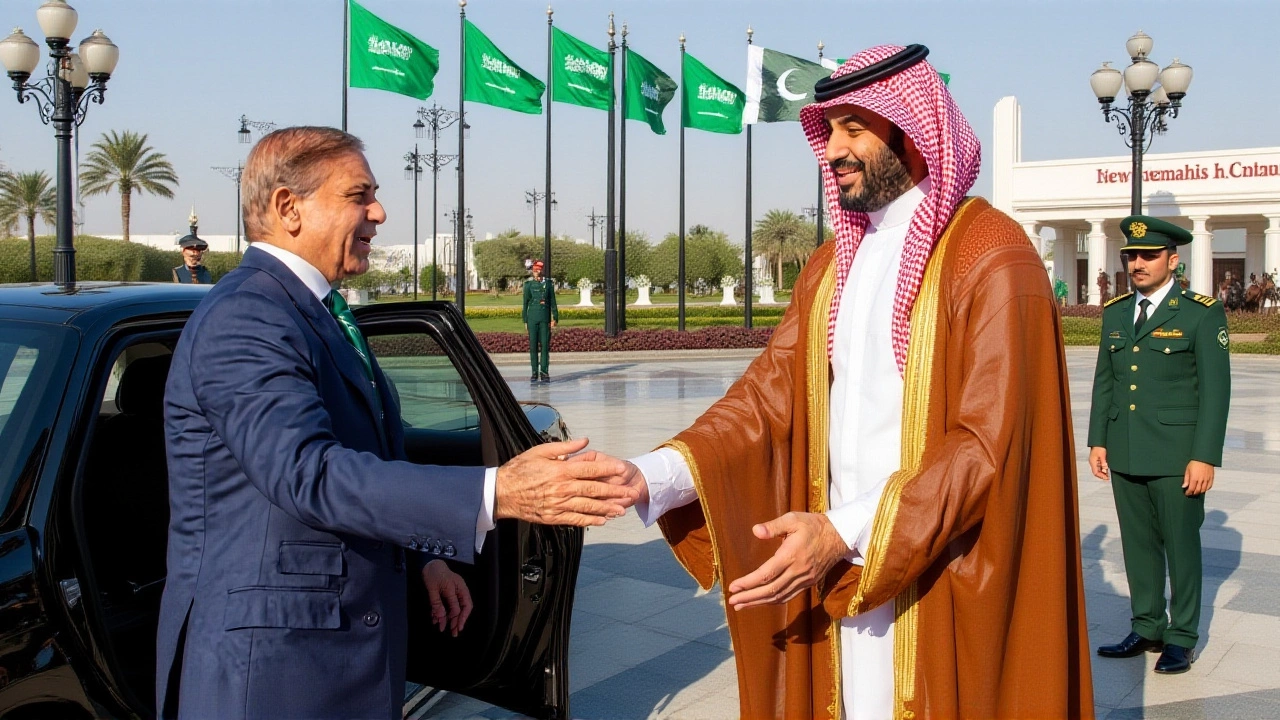Gulf Security – What You Need to Know
When discussing Gulf security, the safety and stability of the Arabian Gulf region, covering naval, economic and political dimensions. Also known as Gulf region security, it shapes how nations protect trade routes, energy assets and citizens. Gulf security is more than a buzzword; it’s a web of actions, policies and partnerships that keep the Gulf moving.
One key piece of the puzzle is maritime piracy, illegal boarding and robbery of ships in Gulf waters. Gulf security encompasses maritime piracy prevention, meaning navies and coast guards patrol to stop hijackings before they disrupt oil shipments. Another critical element is the region’s oil infrastructure, pipelines, refineries and export terminals that fuel the world economy. Protecting that infrastructure is a core goal of Gulf security, because any breach can send shockwaves through global energy markets.
Geopolitical Context and Counter‑Threat Measures
The Gulf doesn’t exist in a vacuum; regional geopolitics, the power balance among Gulf States, Iran, and external actors directly influence security priorities. When tensions rise, naval drills increase, and diplomatic talks shift toward crisis de‑escalation. In this environment, counterterrorism, efforts to detect and stop extremist attacks on civilian and military targets becomes intertwined with everyday security planning. The Gulf’s strategic location means that a terrorist incident can jeopardize trade, tourism, and even global oil prices.
Putting these pieces together forms clear semantic connections: Gulf security encompasses maritime piracy prevention; Gulf security requires robust oil infrastructure protection; regional geopolitics influences counterterrorism approaches; and counterterrorism supports overall Gulf stability. These relationships help readers see how each element supports the others, creating a resilient security framework.
Our collection below reflects this breadth. You’ll find analysis of naval patrol tactics, round‑ups of recent oil‑facility security upgrades, and commentary on how shifting alliances affect counter‑terror moves. Whether you’re a policy buff, a security professional, or just curious about why the Gulf matters to your daily life, the articles ahead break down the big ideas into bite‑size takeaways.
Ready to dive deeper? Scroll down to explore the latest reports, expert opinions, and real‑world case studies that illustrate how Gulf security shapes the region and the world.

Saudi-Pakistan Defense Pact Signed in Riyadh, Shifts Gulf Security
Saudi-Pakistan sign a strategic defence pact in Riyadh, linking their militaries and nuclear options, reshaping Gulf security and prompting regional reactions.